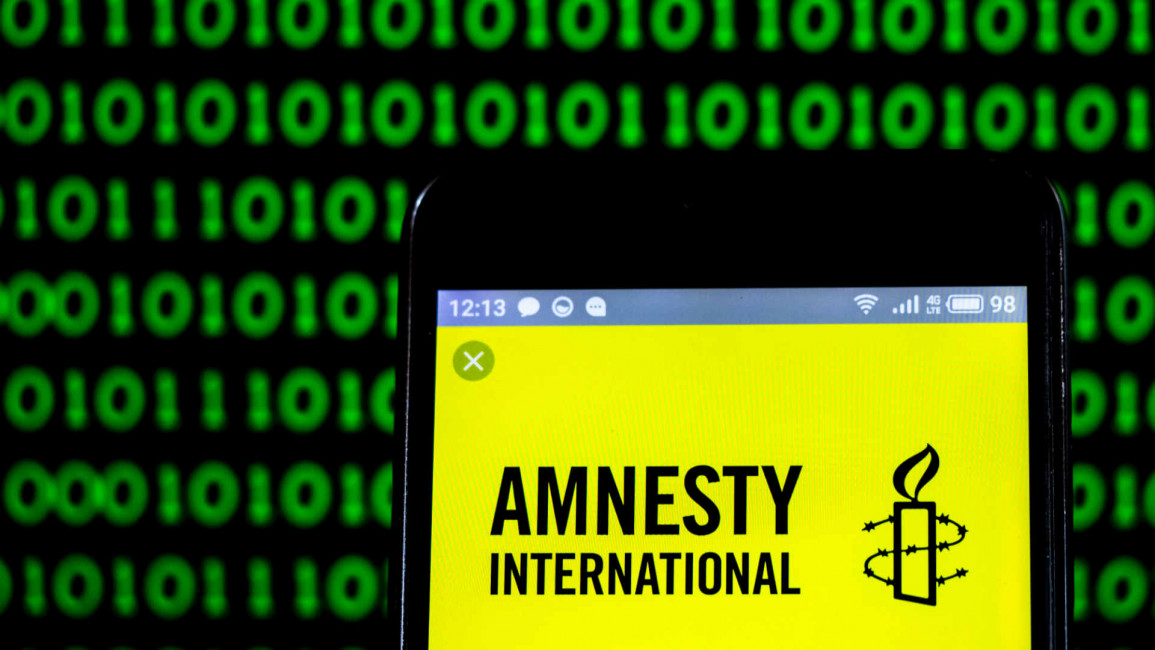Sisi regime likely targeting Egyptian human rights activists with phishing scam, says Amnesty
The human rights group said on Wednesday that the attacks appear "to be part of a sustained campaign to intimidate and silence critics" of President Abdel Fattah al-Sisi's government.
Ramy Raoof, a technology specialist at Amnesty, said "there are strong indications that the Egyptian authorities are behind these attacks".
Amnesty Tech analysed dozens of suspicious emails sent to Egyptian human rights defenders, journalists and NGOs and found that the emails used a phishing technique to gain access to private accounts.
The attacks, which took place between 18 January and 13 February, coincided with important political events such as the run-up to the eighth anniversary of Egypt's 25 January uprising and French President Emmanual Macron's visit to Cairo.
The attacks peaked on 29 January, the day that President Emmanuel Macron met human rights defenders from four prominent Egyptian NGOs.
Read also: Egypt's dirty war (part II): Surveillance for all
Amnesty suspects the attacks are politically-motivated, and related to the "Nile Phish", revealed in 2017.
"Over the past year Egyptian human rights defenders have faced an unprecedented assault from the authorities, risking arrest and imprisonment whenever they speak out, and these chilling attempts to target them online pose yet another threat to their vital work," Raoof said.
Egypt has instituted repressive measures against human rights activists and NGO's, including travel bans and freezing of assets.
The regime passed a law imposing harsh restrictions on NGO's in 2016, which was described by journalist Jo Schietti as "another crushing blow for non-governmental groups amid an ongoing, broad clampdown on civil society by the regime".



